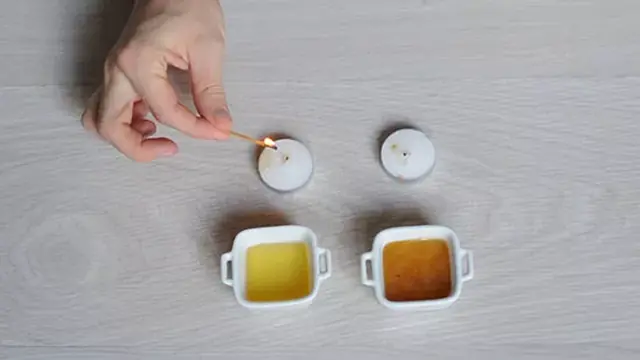
Rare genetic mutation allows some people to thrive on 4 hours of sleep, study suggests

-
Researchers identified a new genetic mutation that may allow some people to survive, even thrive, on three hours of sleep.
-
The mutation is called SIK3-N783Y.
-
Scientists said mice test subjects exhibited needing about 31 minutes less sleep when presented with the genetic mutation.
To most people, getting just four hours of sleep sounds ghastly, but for a few rare individuals, three or four hours of sleep is just fine.
Researchers have found that a rare genetic condition may allow some people to thrive on as little as three hours of sleep, according to a study published in Proceedings of National Academy of Sciences earlier this month.
It’s advised that adult humans should get anywhere between seven and nine hours of sleep to allow themselves to function, Proceedings of National Academy of Sciences earlier this month.
This latest mutation is just one of several believed to be linked to some people’s ability to sleep less and function normally.
The backstory
Studies conducted in the 2000s analyzed people who slept six hours or less each night.
Ying-Hui Fu, the latest study’s co-author and a neuroscientist and geneticist at the University of California, San Francisco, and her team found a rare genetic mutation in a mother and daughter.
The mutation was found in the gene that helps regulate the internal clock responsible for a human’s sleep-wake cycle, which is also known as our circadian rhythm, according to Nature.
Following this discovery, more people who also slept a few hours reached out to the research team. This led to Fu and her colleagues identifying five mutations in four genes that could contribute to this sleep trait, including this latest one.
What they're saying
"Our bodies continue to work when we go to bed", Fu told Nature. "These people, all these functions our bodies are doing while we are sleeping, they can just perform at a higher level than we can.
In previous studies, the Sik3 gene was previously linked to sleepiness, but this newest gene variation appears to combat that.
Mice show promising results
Dig deeper
Researchers genetically modified mice to carry the specified mutation that was believed to be linked to needing less sleep.
The mice needed about 31 minutes less sleep a day than the mice that didn’t carry the mutation.
"This suggests that the mutation might shorten sleep by supporting brain homeostasis — a theory that sleep helps to reset the brain," Fu told Nature.
What's next
Researchers hope to continue looking into this genetic mutation and its variants to see how it impacts sleep.
The Source
Information for this article was taken from a study published in PNAS on May 5, 2025, and a news release in Nature. This story was reported from Los Angeles.
News in the same category

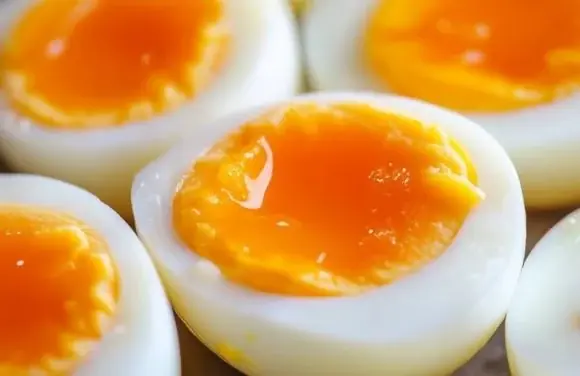
Doctors Warn: This Common Way of Eating Boiled Eggs Can Clog Your Arteries
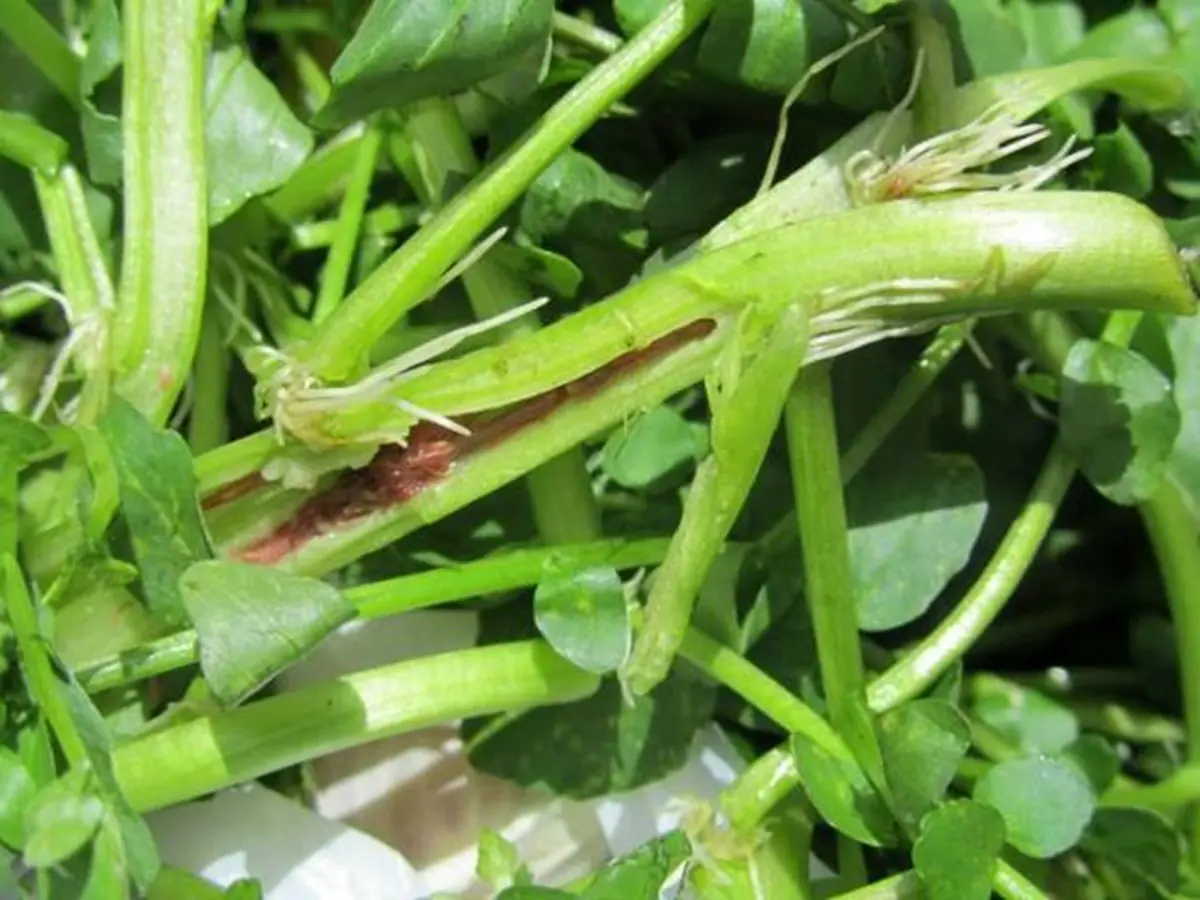
2 Common Vegetables That Can Harbor Parasites

The 'Vitamin C King' of the Vegetable World

Avoid Swimming If You Spot 'Square Waves'
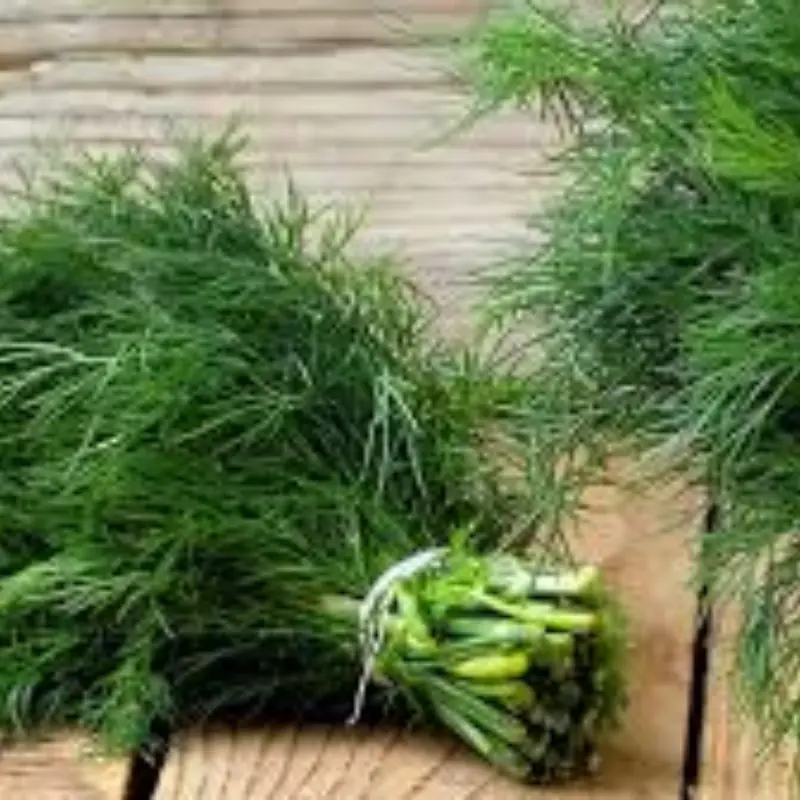
3 Green Vegetables Called the “King” of Sto.mach Protection
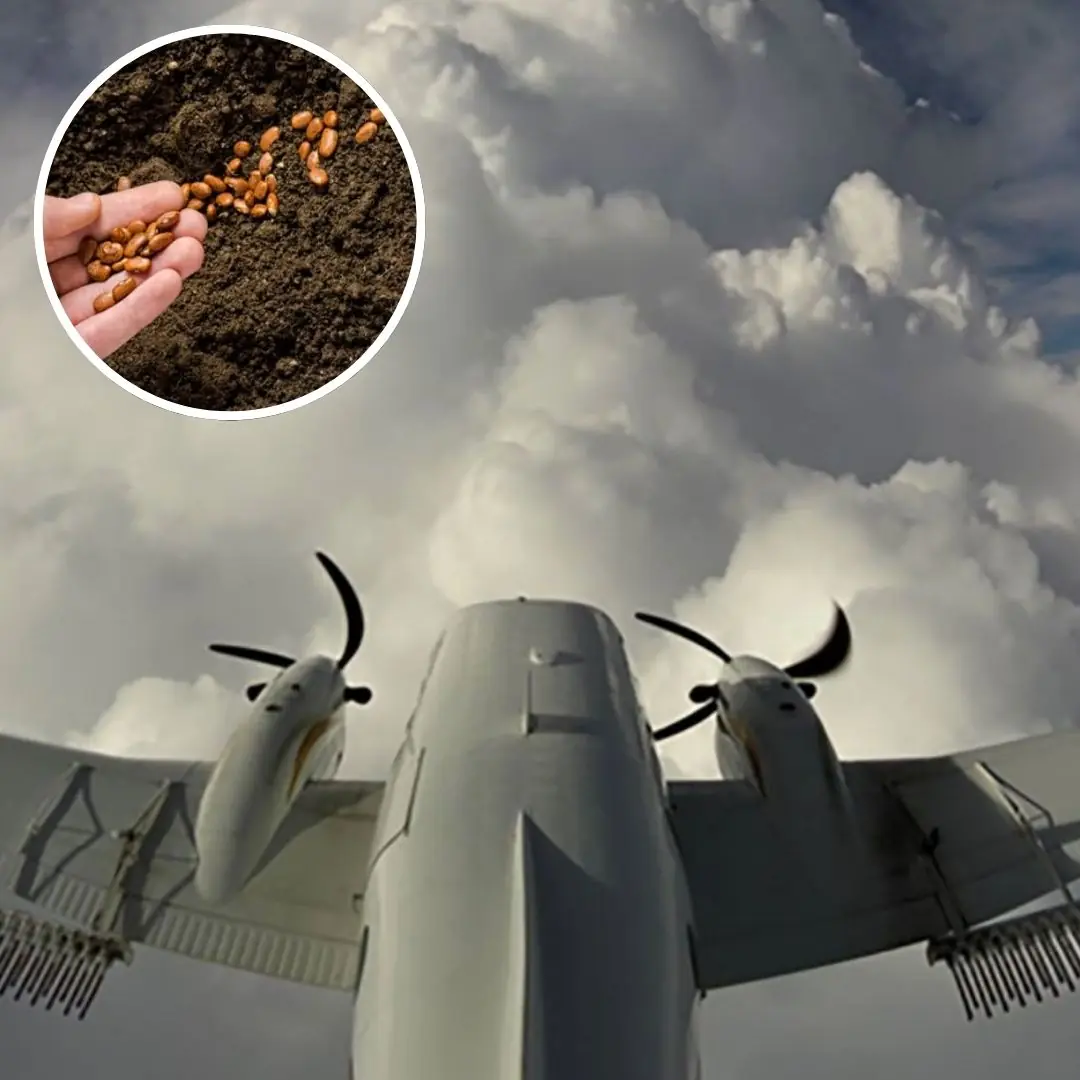
Why You Should Not Bring Seeds on a Plane: A Detailed Explanation

10 Powerful Reasons a Simple Smile Can Change Your Life

3 Common Mistakes in Storing Watermelon During Summer

When Buying Oysters, Avoid These 3 Types
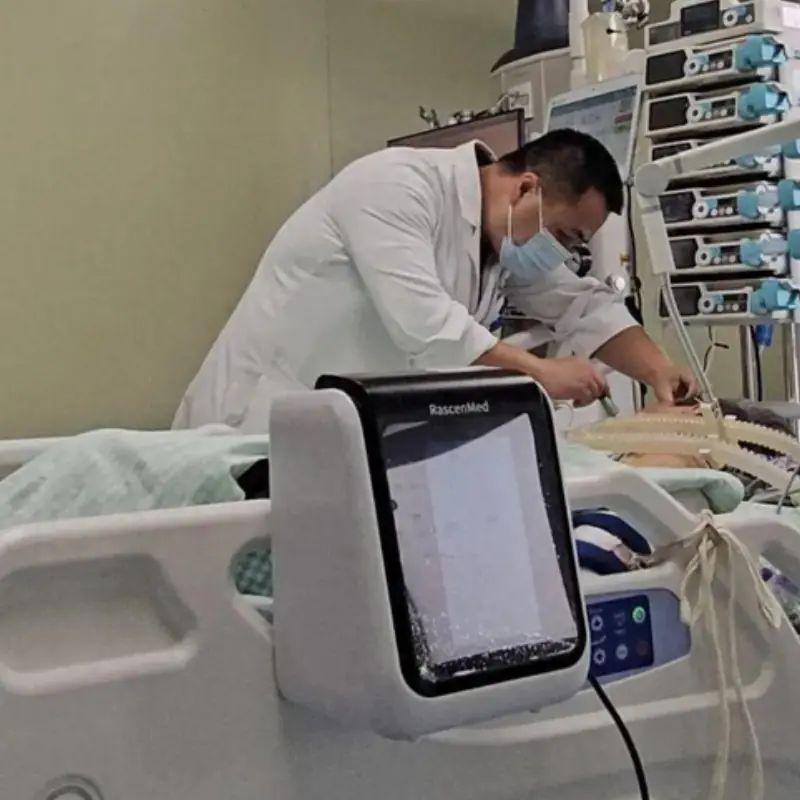
Woman Suddenly Suffers Kid.ney Failure After a Meal

Why Dogs and Cats Often Hate Each Other—Most People Don’t Know This

4 Morning Habits That Increase Str.oke Risk—Avoid Them at Any Age

Smart Shoppers Avoid These 3 Types of Fish at the Market

Not a snake, this is the "kil.ler" that can crawl out of your air conditioner

Doctors Discovered 6 Morning Habits Shared by Most Can.cer Patients
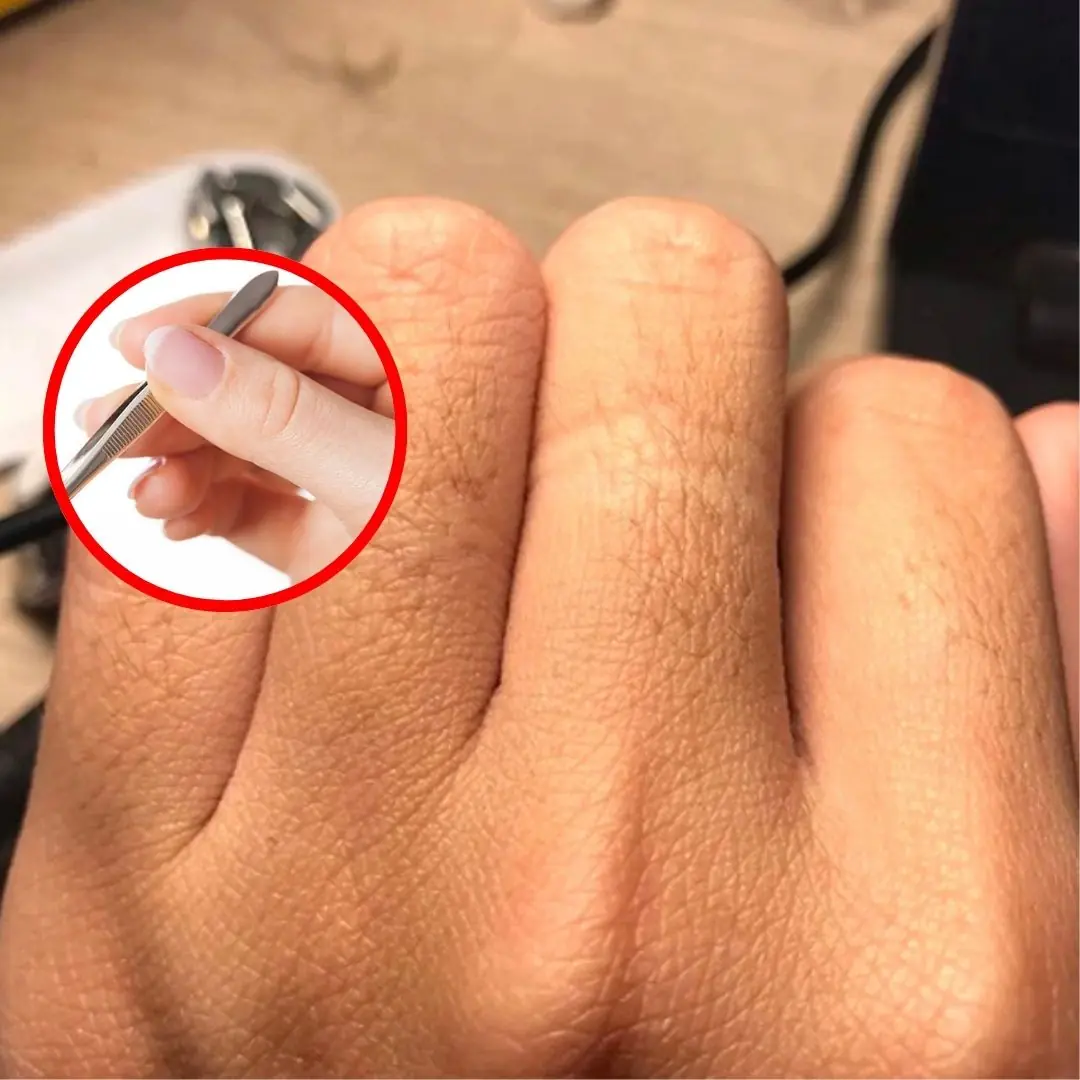
Why do women grow a lot of hair on their fingers?
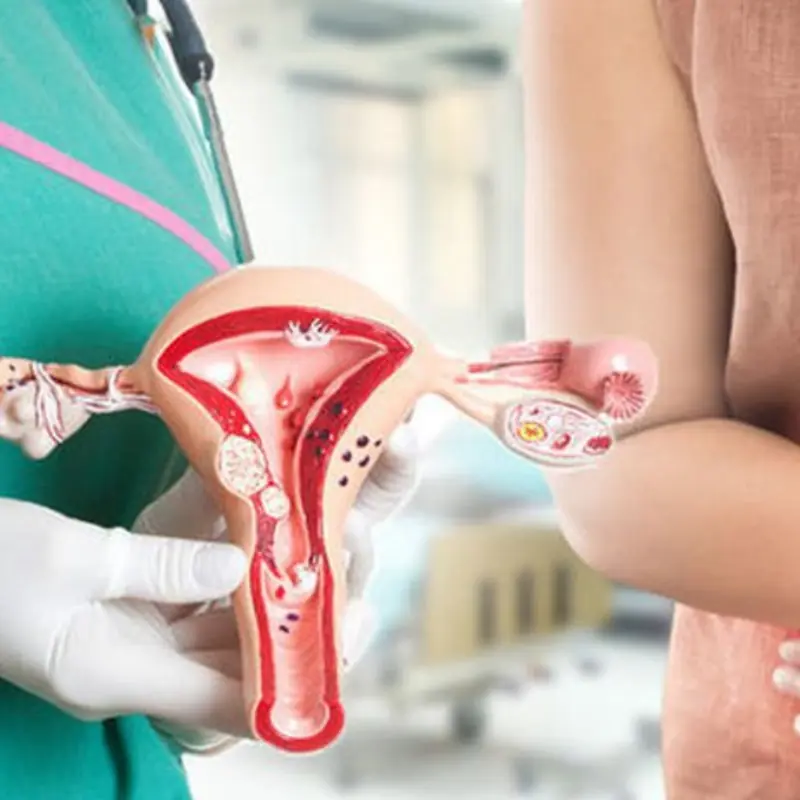
20 Signs of Can.cer That Women Often Ignore

4 things you do in the morning that bring you closer to a str.oke

Garlic Is Healthy for Most But for These 4 Groups of People, It Can Be Dangerously Toxic
News Post
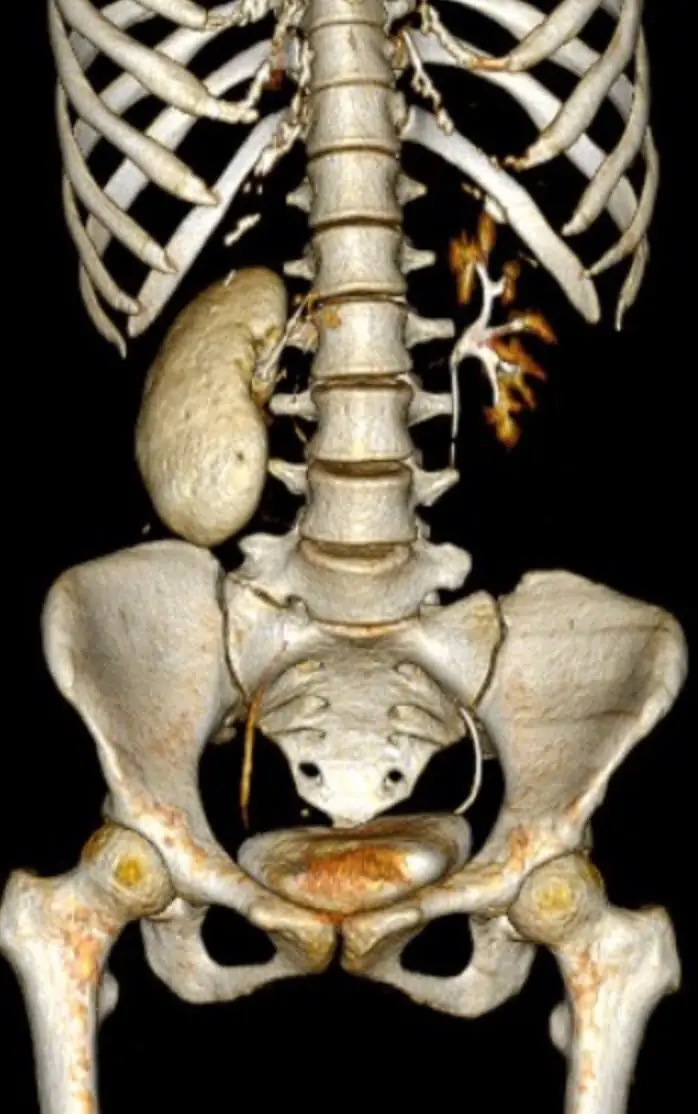
Doctor Urges 4 Actions to Protect Your Body’s "Blo.od Filter"

6 Smart Tips for Choosing Quality Honey Sellers Don’t Want You to Know

Can overly hot baths harm your heart and circulation?
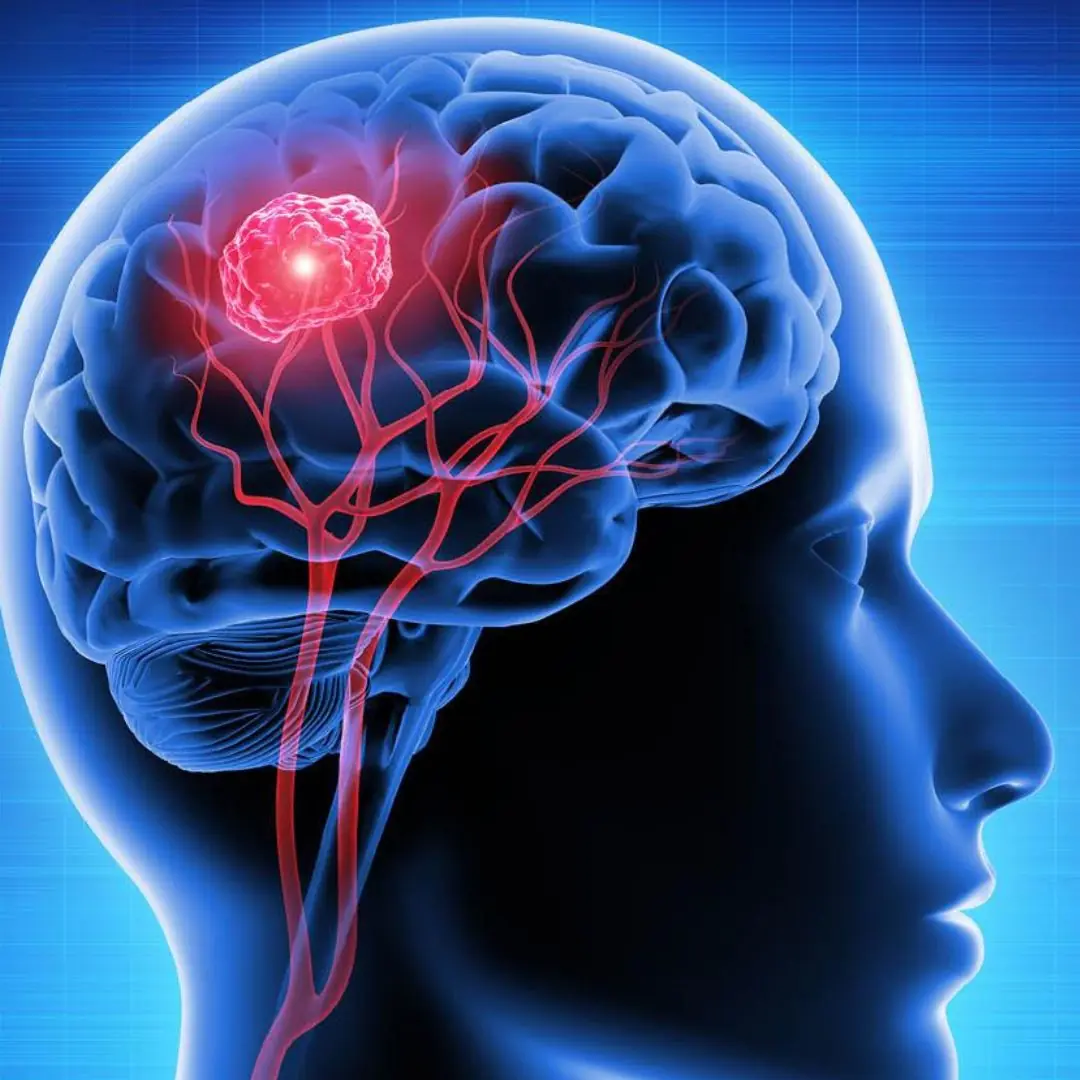
7 signs of brain c.a.ncer that are easily confused with other diseases

4 Things to Avoid After 5 PM to Lower Your Risk of Stro.ke

Doctors Warn: This Common Way of Eating Boiled Eggs Can Clog Your Arteries
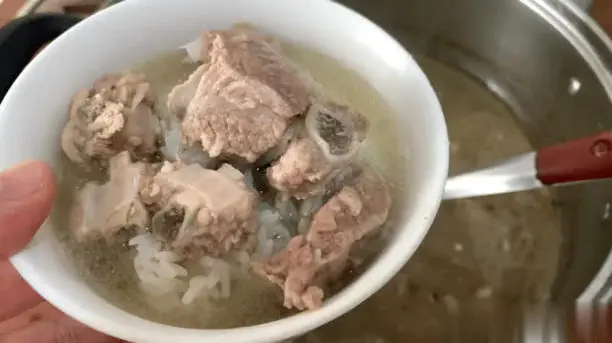
Blanch Bones First or Simmer Directly?

2 Common Vegetables That Can Harbor Parasites

The 'Vitamin C King' of the Vegetable World

Avoid Swimming If You Spot 'Square Waves'

3 Green Vegetables Called the “King” of Sto.mach Protection

Why You Should Not Bring Seeds on a Plane: A Detailed Explanation
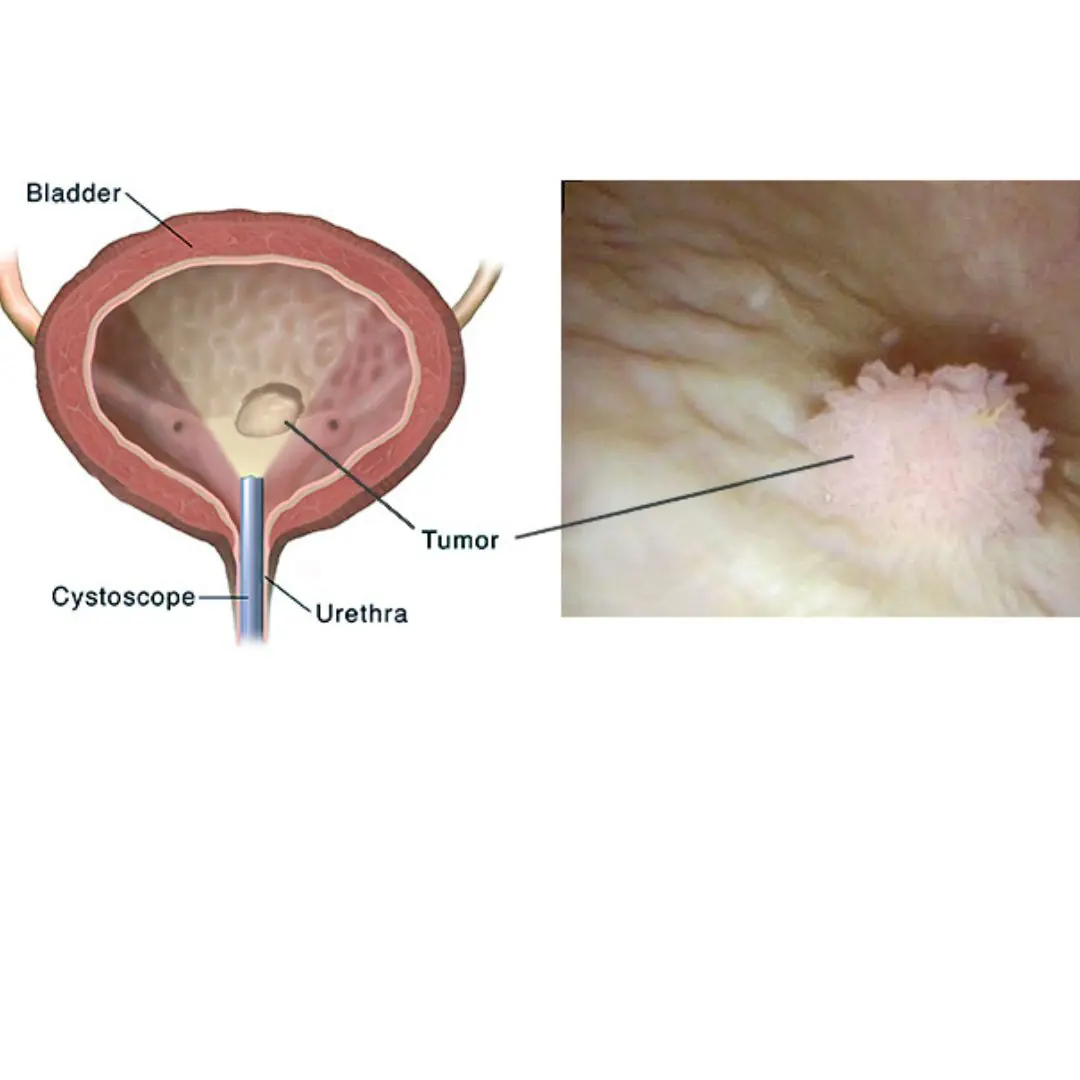
Bladder Ca.ncer: Symptoms You Shouldn’t Ignore
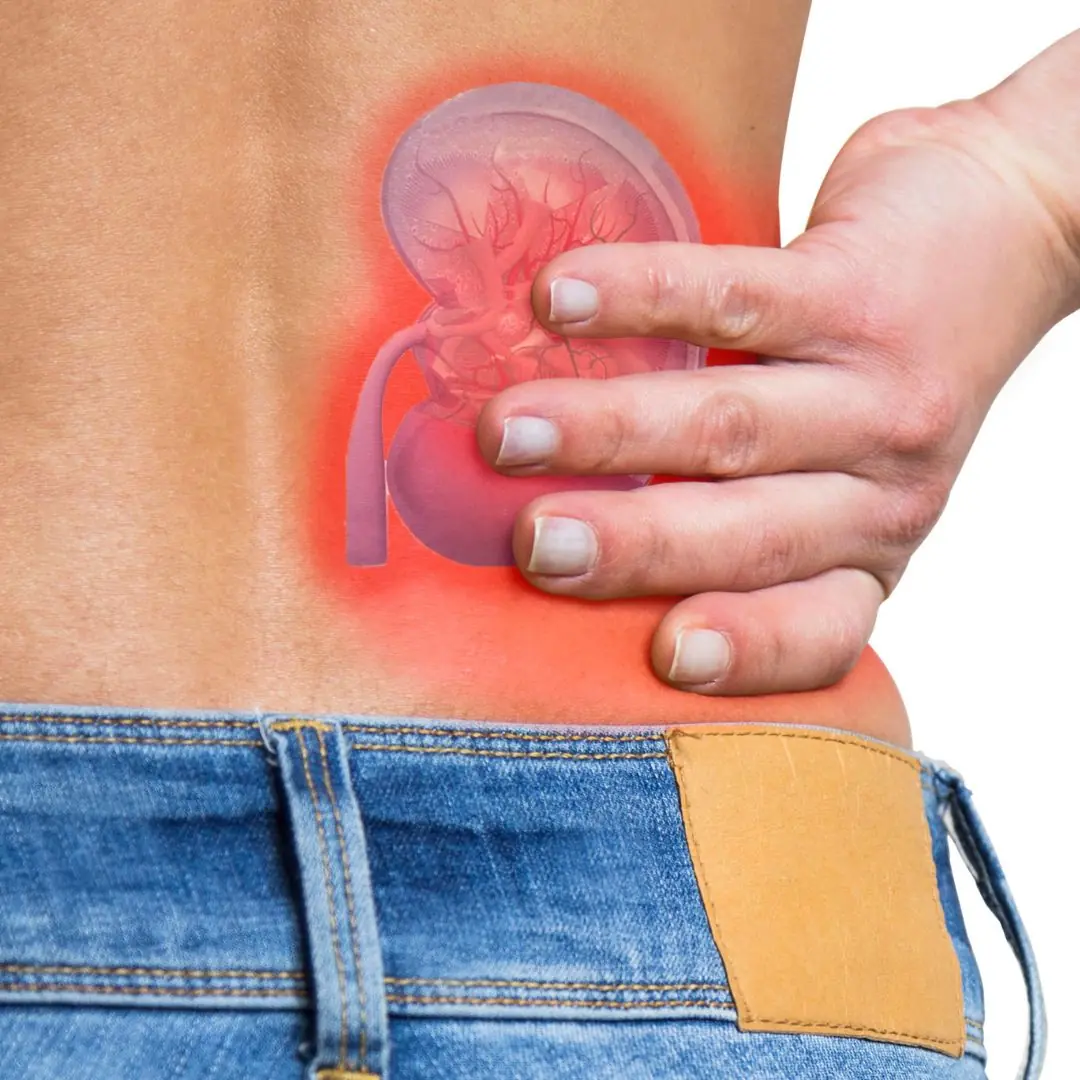
4 Healing Drinks to Prevent and Dissolve Kidney Stones

10 Powerful Reasons a Simple Smile Can Change Your Life

The Surprising Benefits of Donating Bl.o.od

5 types of vegetables and fruits help cool the liver and effectively lower liver enzymes
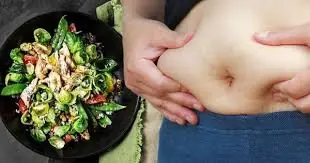
Top vegetable to help reduce visceral fat extremely effectively, nutritionist reveals 4 more easy ways to lose weight

Woman Sudden Kidney Failure After Meal: Doctor Says “This Vegetable Is Poisonous… You Shouldn’t Eat It”
